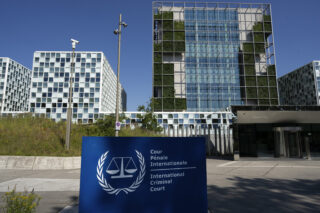Following the news about the fighting in Marawi, we come across some numbers. The conflict started out with about 100 Maute fighters, according to the news, and then it went up to 300 to 500 when they received reinforcements from other groups. Last week it was announced that they were down to 80. Interestingly, there was a military intelligence report about 500,000 arms supposedly in nongovernment hands. If we do some analysis of, let us say, 10,000 separatist fighters, how many are part-timers who fight today and go home to their communities tomorrow?
As Filipinos, we have to ask ourselves: How long will this go on? How much more spilled blood can we take, in both the government side and the separatist side? Will the fighting
even end?
Fundamentally, we are dealing with an ideology, a belief system that provides oxygen whether we agree or not on individuals’ sense of being. It is further reinforced by calls of radical fundamentalism from abroad. What is the peaceful solution to this conflict?
And what will that bloodless solution entail? Is the Philippine nation strong enough to handle separatist movements in Mindanao? If martial law is imposed on the island for five more years, as suggested by some lawmakers, what will life be like for its residents? Will it solve the problem of differing ideology and fundamental beliefs? Perhaps the nation as governed by Filipinos is failing? It seems to have failed miserably, and the wish of Manuel L. Quezon of Filipinos running the country even if they run it like hell seems to have come true. In that context, imagine how the Moros could have benefited from all this.
The solution may be a referendum for residents of the affected areas: Do they still want to be part of this country? What matters are the votes of the people actually affected, not those of lawmakers who are living in the comfort of their mansions in Manila or elsewhere. The affected people—aren’t they composed of men and women who have the right of self-determination and forging the future for their children and their children’s children?
We have to remind ourselves, especially those of us in other parts of the country, that the Moros are the same brothers and sisters to us as the Malaysians and Indonesians, with whom our blood and history before colonialism were intertwined. There will be no loss, just gains.
JOSE SANTAMARIA, j_e_santamaria@hotmail.com



